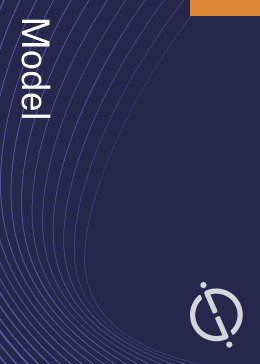Bempikibart is a monoclonal antibody commercialized by Q32 Bio, with a leading Phase II program in Alopecia Areata. According to Globaldata, it is involved in 3 clinical trials, of which 1 was completed, and 2 are ongoing. GlobalData uses proprietary data and analytics to provide a complete picture of Bempikibart’s valuation in its risk-adjusted NPV model (rNPV). Buy the model here.

Discover B2B Marketing That Performs
Combine business intelligence and editorial excellence to reach engaged professionals across 36 leading media platforms.
The revenue for Bempikibart is expected to reach an annual total of $74 mn by 2040 in the US based off GlobalData’s Expiry Model. The drug’s revenue forecasts along with estimated costs are used to measure the value of an investment opportunity in that drug, otherwise known as net present value (NPV). Applying the drug’s phase transition success rate to remaining R&D costs and likelihood of approval (LoA) to sales related costs provides a risk-adjusted NPV model (rNPV). The rNPV model is a more conservative valuation measure that accounts for the risk of a drug in clinical development failing to progress.
Bempikibart Overview
Bempikibart (ADX-914) is under development for the treatment of atopic dermatitis and alopecia areata. It is administered through subcutaneous route and acts by targeting interleukin-7 receptor (IL-7R). It is a fully human monoclonal antibody.
Q32 Bio Overview
Q32 Bio, formerly Homology Medicines Inc, is a genetic medicines company that discovers and develops gene therapies to treat genetic disorders. The company product pipeline includes HMI-102, a gene therapy for the treatment of phenylketonuria (PKU) and HMI-202, an investigational gene therapy targeting metachromatic leukodystrophy. It is also evaluating HMI-103, an investigational gene editing program for the treatment of pediatric phenylketonuria, and HMI-203, an investigational gene therapy for the treatment of Hunter syndrome. Homology gene-editing technology is used in DNA repairs and gene therapy. Its AAVHSC platform vectors deliver a functional gene to treat monogenic diseases in the liver, lung, none marrow and eye. Q32 Bio is headquartered in Bedford, Massachusetts, the US.
The company reported revenues of (US Dollars) US$1.2 million for the fiscal year ended December 2023 (FY2023), a decrease of 64% over FY2022. The operating loss of the company was US$92.7 million in FY2023, compared to an operating loss of US$2 million in FY2022. The net loss of the company was US$113 million in FY2023, compared to a net loss of US$5 million in FY2022.
For a complete picture of Bempikibart’s valuation, buy the drug’s risk-adjusted NPV model (rNPV) here.
Data Insights
From

The gold standard of business intelligence.
Blending expert knowledge with cutting-edge technology, GlobalData’s unrivalled proprietary data will enable you to decode what’s happening in your market. You can make better informed decisions and gain a future-proof advantage over your competitors.



